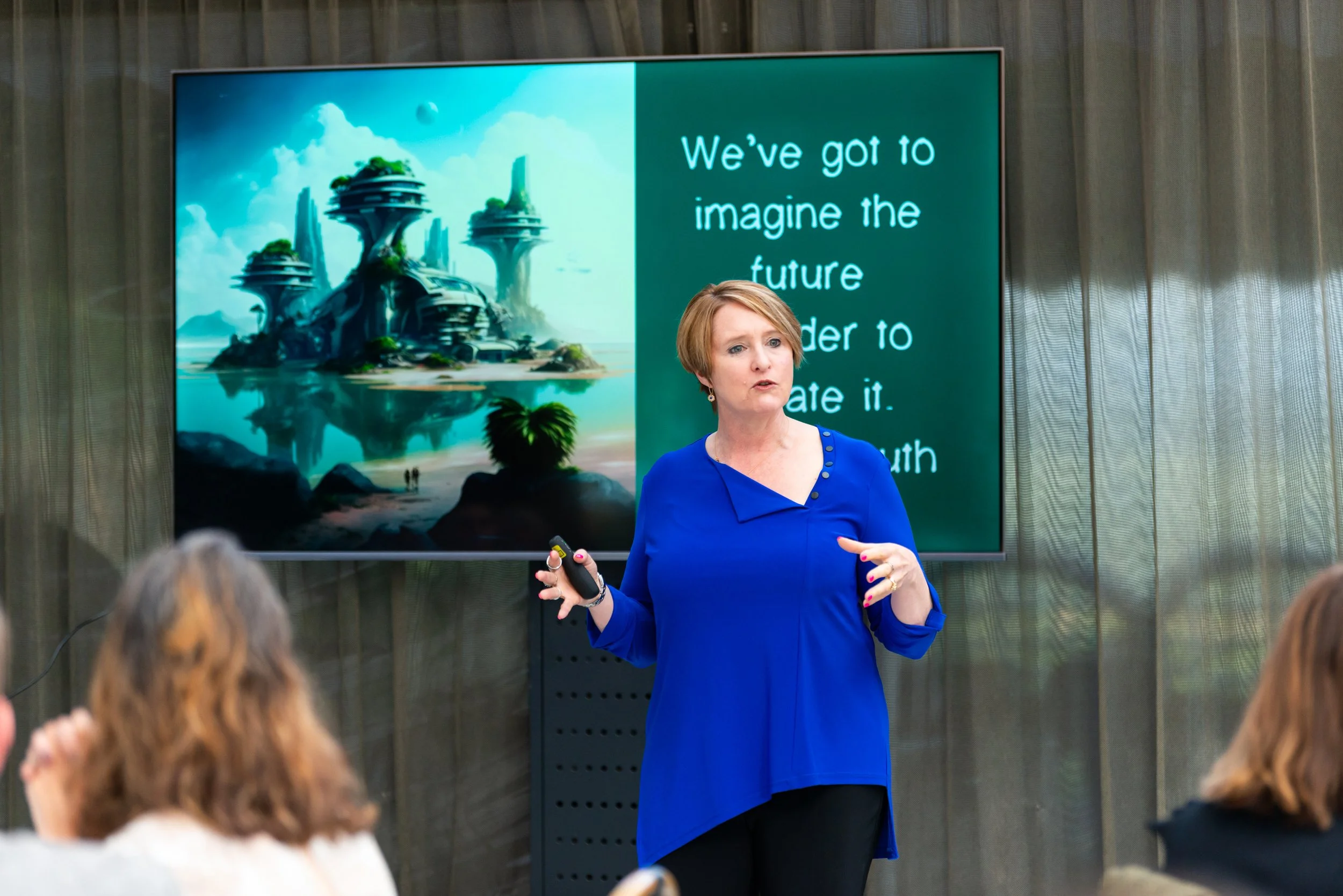Toni Hoffman was a senior nurse at Bundaberg Base hospital. In 2006 she was awarded the Order of Australia medal and the Local Hero Award.
She went through hell. She was the whistleblower on the Jayant Patel case, a surgeon who was convicted of manslaughter and grievous bodily harm. (These charges were later quashed and a retrial ordered. In 2015 he was finally barred from practising medicine in Australia. Her actions likely saved many lives and caused improvement in the hospital’s systems). She was shunned by her peers, unsupported by the administration and leadership. Her health suffered.
Leadership principles for speaking up
Speaking up has enormous personal and professional consequences.
From a distance, we’d like to think we have the courage to speak up if we saw an injustice. But would we?
Speaking up has these inherent risks:
Threatening the status quo causes a survival response in those around us, who may resort to attack (verbally and otherwise).
Speaking up sometimes means criticising our peers - we may be excluded or condemned by our peer group. Our own sense of safety is firmly anchored in belonging to a tribe. Getting ousted from the tribe can feel like social death and a threat to our own survival.
Speaking up against our superiors risks our job, our influence, and opens us up to criticism and condemnation by those with positional authority. It also goes against all of our inherent social norms: criticising the leader is seen a direct threat to the tribe as a whole. This is one of the reasons why Toni’s peers turned on her - the tribe’s survival was at stake with her whistleblowing.
NOT speaking up has its risks too:
Our silence is tacit agreement with the system or people we see doing the wrong thing. We are guilty by association and failure to call it out.
Most importantly, we risk our own sense of integrity. This is the worst kind of internal torture: seeing the wrong thing, and weighing our own survival against that of others.
A leadership framework for tough decisions
What can we do?
Build personal resilience. Boost your personal reserves of energy with meticulous self-first care. Exercise, nutrition, sleep - you know the drill.
Simplify your life so you do not fritter away your personal reserves of willpower through frivolous things like endless choices of wardrobes, menu, and social media time vacuums.
Define and rank your values. Make your decisions based on these. I wrote a whole chapter on how to rinse your big decisions through a set of filters in my book, Moments - Leadership when it matters most.
Build a network around you in your personal and professional spheres and invest in the relationships. Connection is currency: when you need support, you will need to draw down on these reserves.
Have you had to speak up? What was your experience? What helped you to make the choice to speak up?
***
Related Articles:
Don’t make these feedback mistakes
How to deal with simmering tensions
***
About the author, Canberra leadership expert Zoë Routh:
Zoë Routh is one of Australia’s leading experts on people stuff - the stuff that gets in our way of producing results, and the stuff that lights us up. She works with the growers, makers, builders to make people stuff fun and practical.
Zoë is the author of four books: Composure - How centered leaders make the biggest impact, Moments - Leadership when it matters most, Loyalty - Stop unwanted staff turnover, boost engagement, and build lifelong advocates, and People Stuff - Beyond Personalities: An advanced handbook for leadership. People Stuff was awarded Book of the Year 2020 by the Smart WFM Australian Business Book Awards.
Zoë is also the producer of The Zoë Routh Leadership Podcast.

